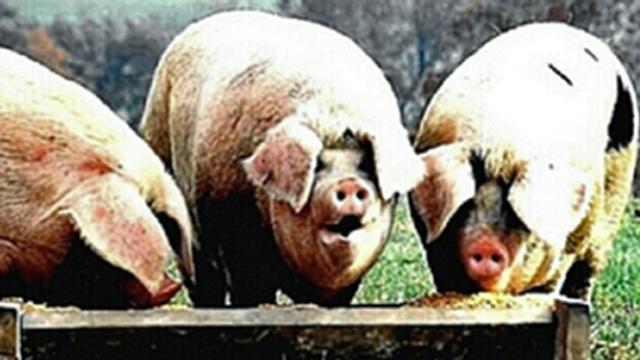RSPCA’s ‘sow tethering’ telephone campaign
- Exhibited by
- Rich Fox, Chairman & CEO, Rich Fox & Associates, Inc.
- Added
- March 28, 2009
- Medium of Communication
- Telephone
- Target Audience
- Awareness, social change campaign
- Type of Charity
- Environmental / animals
- Country of Origin
- UK
- Date of first appearance
- January, 1991
SOFII’s view
Any marketing campaign that can have such an impact on members of parliament on the eve of taking their country to war has to be worth recording. This campaign is notable as one of the early UK examples of fundraisers using the telephone to encourage donors to campaign on behalf of a cause that concerns them, and doing so successfully and cost-effectively.
Creator / originator
Gavin Grant of the RSPCA and Rich Fox, then with Facter Fox, the first specialist telephone fundraising firm in the UK.
Summary / objectives
To motivate RSPCA supporters to contact their members of parliament (MPs) to urge that the member should vote to ban sow tethering in the UK and, at the same time, to raise enough money to cover the cost of the campaign.
Background
his was a very specialised campaign. The UK’s Royal Society for the Protection of Animals (RSPCA), an animal welfare charity, wanted the practice of sow tethering banned through legislation. The vote on the new Sow Tethering Bill was scheduled for a Friday which was a problem because MPs – particularly those whose constituences are a long way from where parliament meets, in London – often do not attend sessions on Fridays. Specifically, the government of the day actively opposed the RSPCA’s legislation and most of the opposition party members who would be willing to vote in favour of the bill lived far from London so were the most likely to leave early on Friday.
Further, the vote was to take place during the critical days of deciding to enter into a conflict with Iraq in January of 1991.
Special characteristics
This campaign involved an unusual ‘double ask’ approach. The first ask was for action – a call or letter to their MP – while the second ask was for money – a small gift to help cover the cost of the campaign.
…more letters and phone calls poured in regarding sow tethering than any other bill ever… sow tethering generated about 10 times as many letters and calls as came in that same week regarding whether or not the UK should get involved in the Gulf War.’—Member of the UK parliament
Influence / impact
Enormous: even in the face of active opposition from the government the Sow Tethering Bill passed passed easily. A government minister remarked to the RSPCA’s head of fundraising that more letters and phone calls poured in regarding sow tethering than any other bill ever in his experience, and that sow tethering generated about 10 times as many letters and calls as came in that same week regarding whether or not the UK should get involved in the Gulf War.
Further, a MORI poll of UK members of parliament taken after this campaign showed that as a result of this campaign MPs were more familiar with the RSPCA than with any other UK charity and that MPs believed that the RSPCA was the single most effective charity in the UK.
Details
A total of 6,359 RSPCA supporters were called, asking them to write to their MP urging that he or she show up to vote against sow tethering. The response was much better than hoped, with 5,605 people pledging to write or call, 184 saying maybe and only 570 saying they would not participate.
Then, after the supporter decided whether or not to contact his or her MP, the supporter was next asked to consider making a small donation to help cover the cost of this campaign. More than £19,000 was pledged by supporters.
Costs
N/A.
Results
In addition to generating an overwhelming number of calls and letters to members of parliament as well as achieving its goal of passing the sow tethering bill over the objections of the government, the second ask of this campaign also raised enough money to cover the full costs of the entire telephone effort.
Merits
This is a classic example of effectively combining campaigning with fundraising.It shows that it is possible to get supporters to do two things in one telephone call, if they are asked properly.





















